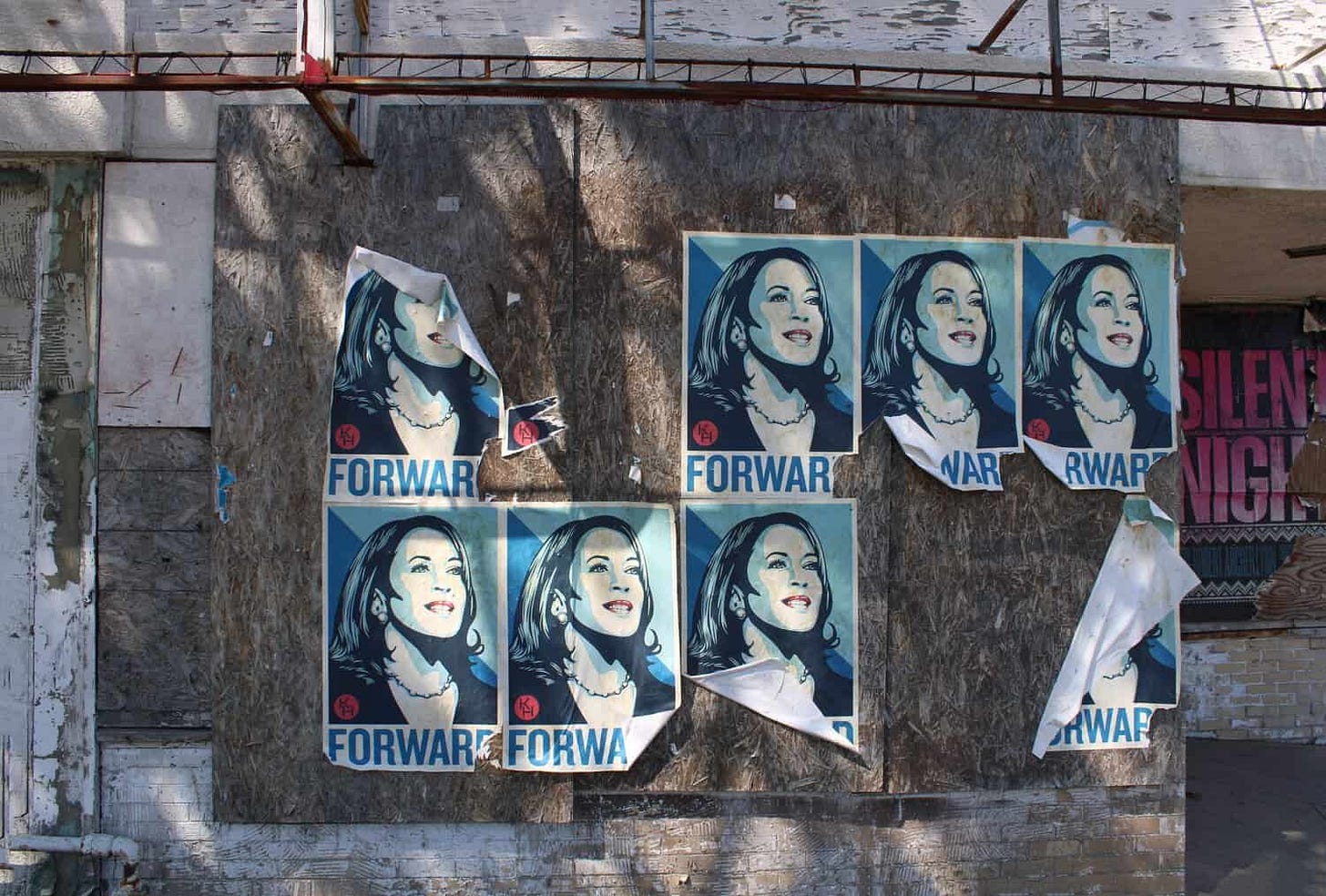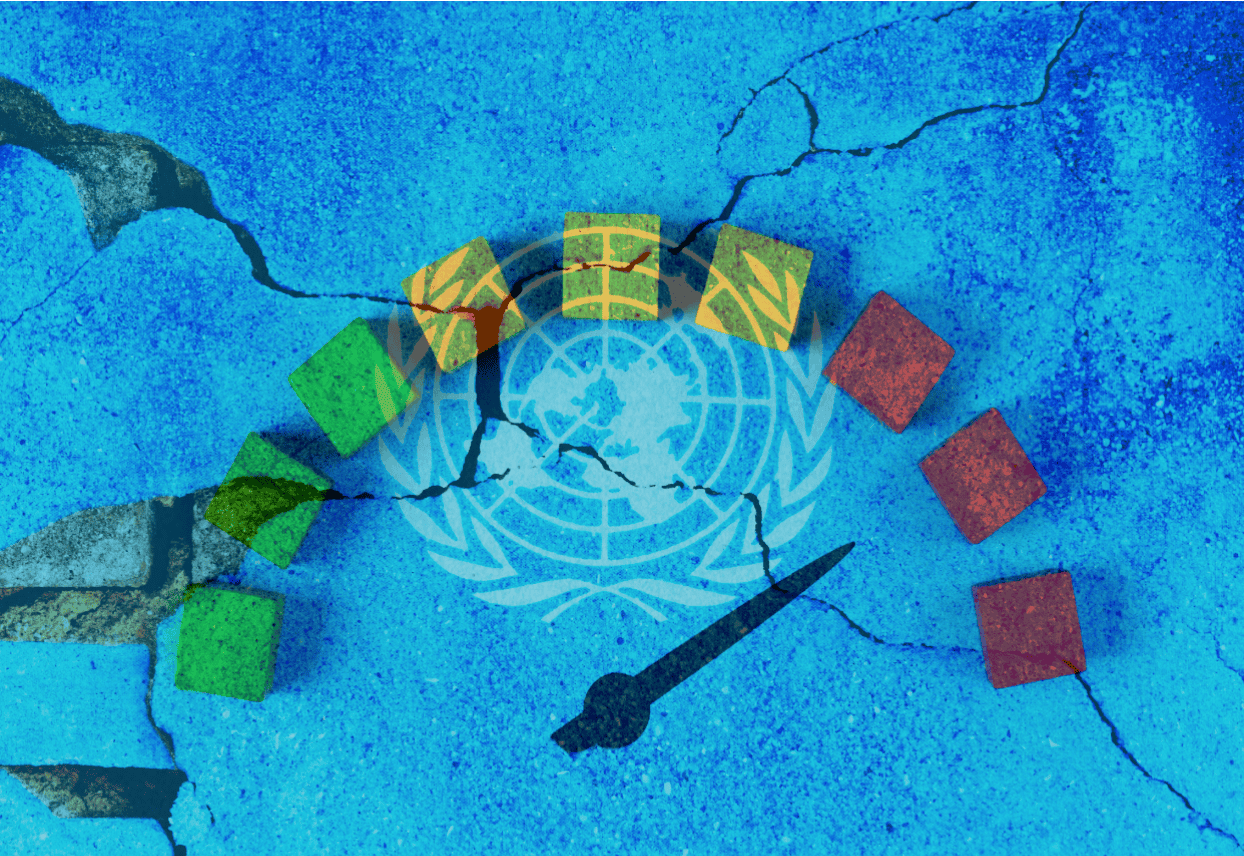This week, Elon Musk admitted that there was, after all, no federal plan to spend $50 million on condoms for Gaza. Musk explained that it was natural that the White House press secretary, the president, and the unelected billionaire bureaucrat standing next to the president’s desk would keep repeating a lie for two weeks: “Nobody’s going to bat a thousand.”
At Public Seminar, our contributors are wondering: Who or what can we trust?
It probably won’t be government, reports Camila Rodríguez Nardi: Around the world, public faith in political institutions is tanking.
What happened to the politician who warned us of Trump’s “existential threat” to democracy, asks Melvin L. Rogers, in an open letter to Kamala Harris. “Does the seriousness of the former vice president’s warning not demand her continued resistance?”
In her review of novelist Danzy Senna’s new social satire, Marisol Aveline Delarosa explores what kind of happy ending we think America deserves.
And Peter Schmidt considers the crisis in higher education and asks: What do students think?
Danzy Senna’s Colored Television Isn’t So Funny
And maybe that’s the point
Marisol Aveline Delarosa

I was prepared to laugh my way through Danzy Senna’s sixth novel, Colored Television (Riverhead, 2024), after reading review after review touting the book as a comedy. In this period of intense political and social divisiveness and strife, I hoped a fun satire (I like ridicule!) about a biracial (I’m mixed race!) writer (I write stuff, too!) would tick all the boxes of escapist fiction someone like me needs in a moment like this.
But even though I appreciated the antics that the protagonist, Jane Gibson, got into in this scathing glimpse into the life of a creative writer in Los Angeles, I didn’t feel the sweet buzz of a good laughing release at the end.
An Open Letter to Kamala Harris
When silence is not an option
Melvin L. Rogers
On the final night of the Democratic National Convention in August 2024, Vice President Harris delivered what was meant to be a defining speech of her career. Accepting her party’s nomination, she did more than make the case for her presidency—she sounded the alarm.
“With this election, our nation has a precious, fleeting opportunity,” she declared. This was not merely another campaign, another transfer of power between administrations. It was, she insisted, something far more consequential.
Trust in Political Leaders Plummets Worldwide
When it comes to political legitimacy, the more significant the expectations, the higher the disappointments
Camila Rodríguez Nardi
In early November 2024, PULSAR, the academic observatory of the University of Buenos Aires, and the Konrad Adenauer Foundation (KAS), published a Spanish-language report that analyzed the social approval of national governments in 16 countries across Western Europe, North America, and Latin America. The document compiled approval ratings of presidents and prime ministers from Argentina, Bolivia, Brazil, Canada, Chile, Colombia, Ecuador, England, France, Germany, Italy, Paraguay, Peru, Spain, United States, and Uruguay, based on 2,385 published approval records and reports conducted by 2,260 specialized consulting firms between 2020–the onset of the COVID pandemic–and 2024.
What’s Higher Education For?
That’s exactly the question
Peter Schmidt
At the turn of last year, The Economist published an alarming statistic: In 2024, half of Harvard College’s graduating seniors left campus for jobs in finance, consulting, and technology.
For anyone who believes in the values of a liberal arts education, this is cause for concern. If we accept in good faith our elite universities’ claim that their primary mission is to educate students, then this statistic shows roughly half of Harvard’s immense financial and intellectual resources being channeled directly into the service of a technocratic elite.






